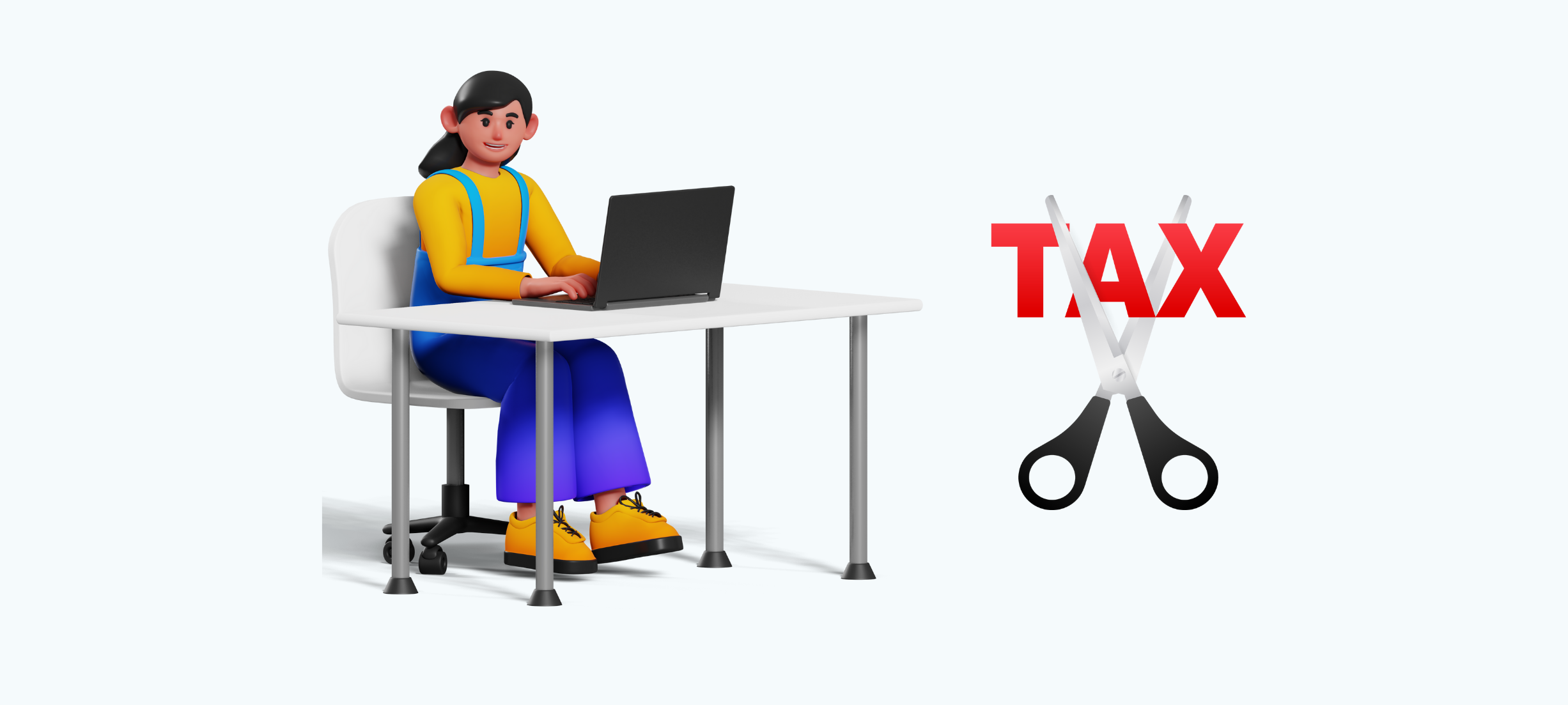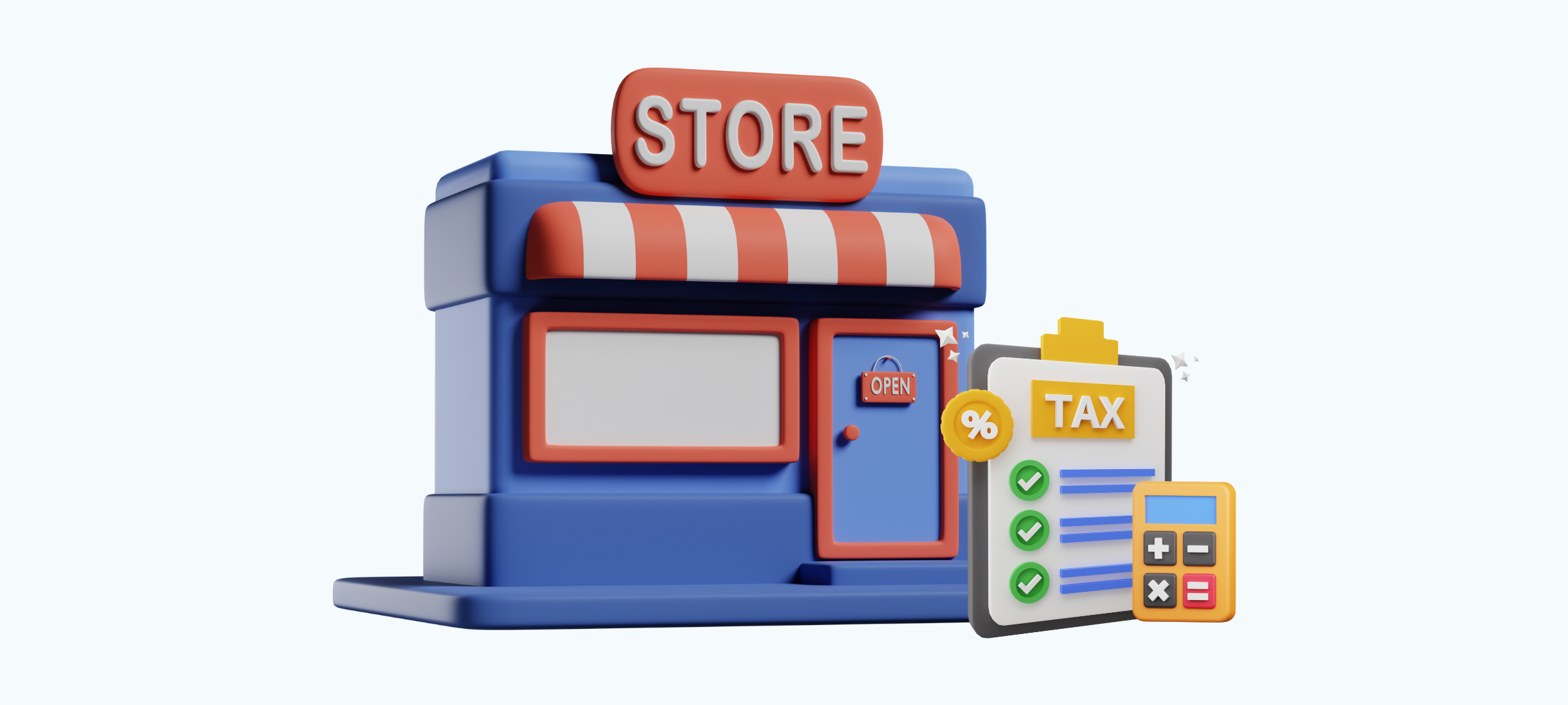
Should you find yourself having missed the tax filing deadline, it's essential to remain calm. Although there are potential penalties and associated costs for filing your income tax return late, it is advisable to submit your taxes at the earliest opportunity rather than attempting to evade the inevitable. Many business owners encounter situations where they are behind schedule on tax filings, but those well-versed in tax matters can implement measures to reduce associated costs and fees.
Let's delve into the actions you can take if you find yourself in the position of needing to file taxes after the specified due date.
Missing the tax filing deadline can have severe financial implications, and understanding the full scope of consequences is crucial for individuals and businesses alike. The Internal Revenue Service (IRS) imposes penalties designed to encourage timely compliance, and these penalties can compound over time.
The consequences of not filing taxes on time are multifaceted, encompassing financial penalties, interest accrual, and potential legal implications. It is paramount for individuals and businesses to proactively address late filings, seeking professional guidance when necessary, to mitigate these consequences and establish a path toward tax compliance.
As you gear up for the tax year 2023, it's essential to keep the April 15, 2024 deadline in mind for filing federal tax returns. This gives both individuals and businesses a considerable timeframe to gather necessary paperwork, carefully prepare their tax returns, and ensure timely submission. Meeting this deadline is crucial, not just to steer clear of penalties and accumulated interest but also to prevent potential delays in receiving any tax refunds you may be eligible for. To navigate this process smoothly, consider consulting with a tax professional who can provide personalized insights based on your financial situation, helping you estimate your tax return accurately and fulfill your tax obligations effectively.
Sometimes, unexpected things happen in life that can mess up even the best plans. If you can't make the regular tax deadline, filing for an extension is a helpful option. This usually gives you six extra months, extending the deadline to October 15. It's like getting a bit more time to gather all the papers you need and make sure your tax forms are done right.
But, here's a thing to remember: even if you get more time to file your tax return, it doesn't mean you get more time to pay any taxes you owe. You still need to pay them by the original deadline. So, filing for an extension is more about having extra time to do your paperwork accurately rather than delaying any payments you might need to make. It's like a little breathing space to get things done properly.
Getting an extension for your taxes can be a smart move. It automatically gives you more time to file your taxes, helping you avoid penalties for filing late. These penalties can add up fast, like 5% of the money you owe for every month you're behind.
For example, if you owe $2,500 and you're three months late, the late-filing penalty would be $375. That's calculated as ($2,500 x 0.05) x 3 = $375. If you're really late, more than 60 days, the minimum penalty is $100 or 100% of what you owe, whichever is less.
Handling tax payments involves a step-by-step approach:
By systematically following these steps, you can address your tax payments in a way that suits your financial situation and potentially explore avenues for penalty relief when warranted. It's important to engage with the available resources and consider your options carefully to fulfill your tax obligations effectively.
In wrapping up, dealing with late taxes can be less overwhelming by taking it step by step. First, figure out exactly how much you owe, including any extra fees. Then, look into different ways to pay—whether it's through direct transfer, credit card, or setting up smaller payments over time. If there's a good reason for filing and paying late, you can even ask the IRS for relief from penalties by explaining your situation in writing.
At BookkeeperLive, our mission is to streamline the entire process of managing your taxes, making it as smooth and stress-free as possible. When you choose BookkeeperLive, you gain access to expert assistance that goes beyond just crunching numbers. Our dedicated team is here to guide you through every aspect of your financial journey, ensuring not only accurate tax filings but also comprehensive financial management. From organizing your records to navigating the complexities of tax regulations, we are committed to providing the support you need at every step.
Can I file my taxes after the deadline without penalties?
Generally, late filing incurs penalties, but filing your taxes as soon as possible can help minimize the financial impact.
Can I set up a payment plan with the IRS for the taxes I owe?
Yes, the IRS offers installment agreements for those unable to pay their tax bill in full. Check their website for details.
How can I avoid late filing in the future?
Stay organized throughout the year, consider using tax preparation software, and set reminders for important tax deadlines.
What documentation do I need to gather for my tax return?
Common documents include W-2s, 1099s, receipts, and any other documents related to income, deductions, and credits.
BookkeeperLive provides affordable bookkeeping and accounting services tailored to your business goals.





No calls, No meetings, No spam. Get started with a free trial by filling out the form.
*NDA included for your data protection.
Copyright © 2025 BookkeeperLive. All rights reserved. Privacy Policy Terms of Use
Please visit our India site to see services designed for your country
Enter the code, fill out the form, and unlock financial clarity with a free trial.